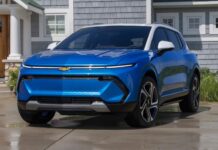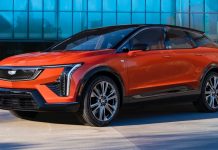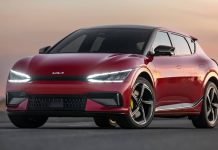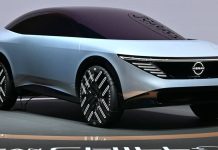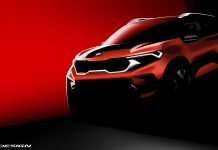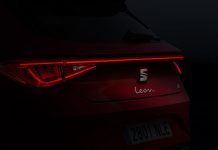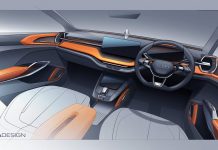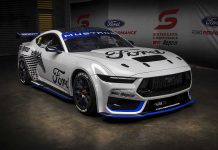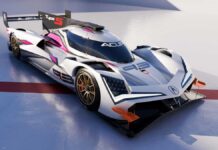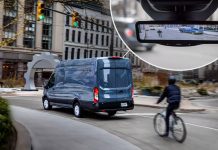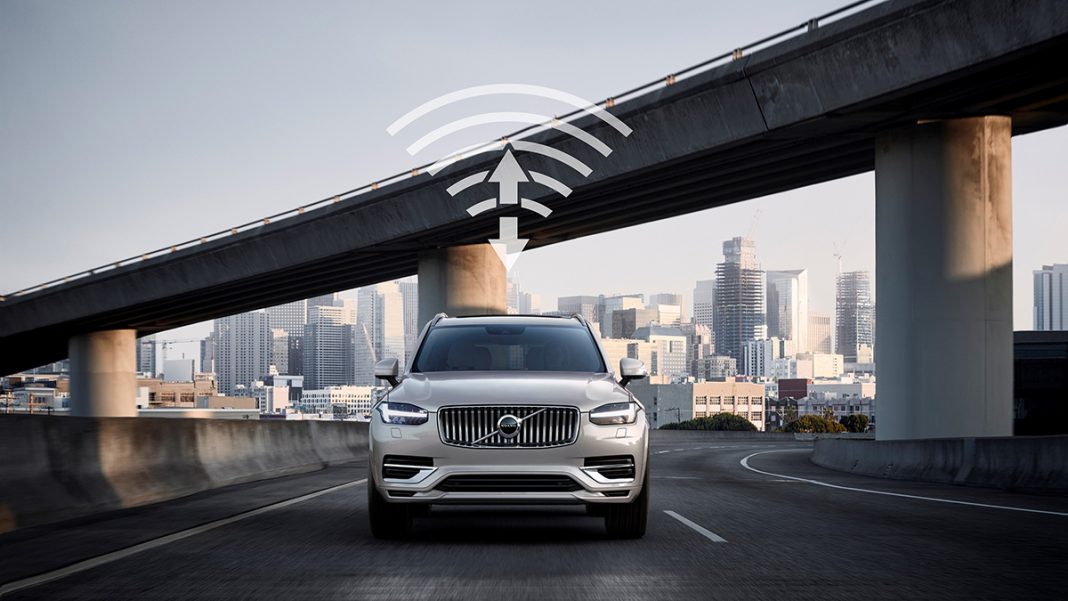Volvo Cars and leading telecom provider China Unicom are joining forces on using 5G next generation mobile network technology for communication between cars and infrastructure in China.
The two companies have agreed to work together in researching, developing and testing automotive applications of 5G and emerging vehicle-to-everything (V2X) technology.
As the fifth generation of mobile network technology, 5G is many times faster, has a higher data capacity and offers lower response times than its 4G predecessor. As more data can be transferred to and from cars more quickly and with less latency, more applications for cars become possible.
Volvo Cars and China Unicom are investigating a range of different applications of 5G technology in the communication between cars and infrastructure in China, identifying potential improvements in areas such as safety, sustainability, customer convenience and autonomous driving.
For example, when a car is aware of upcoming traffic issues such as road works, congestion or accidents, it can take pre-emptive action such as slowing down or suggesting a different route. This can help boost traffic safety for people inside the car, while avoiding start-and-stop traffic improves efficient energy use.
Other examples include the possibility for cars to find open parking spots easier with the help of traffic cameras. Cars may also communicate with traffic lights in order to establish an optimal speed and create a so-called ‘green wave’, and with each other to optimise safe exits and entries from and onto highways.
China is currently rolling out 5G across major cities in the nation with the support of China Unicom and others. Like most regions, China is also widely expected to implement its own regional standards for vehicle-to-everything (V2X) technologies.
Volvo Cars’ collaboration with China Unicom helps it to be suitably prepared for local requirements and create a strong presence in V2X in its biggest market. Volvo Cars plans to introduce 5G connectivity as part of the next generation of Volvos, based on the next generation SPA2 modular vehicle architecture.
Home Automotive Auto Moto News Volvo Cars and China Unicom collaborate on 5G communication technology development in...




